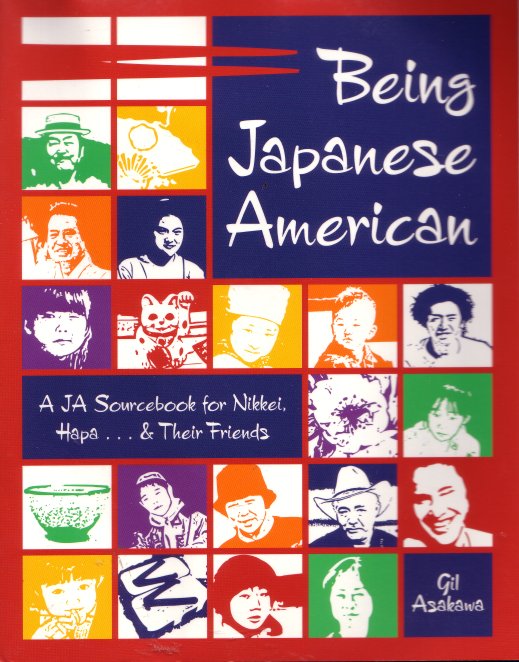
Being Japanese American

This is a really good book about Japanese American culture and even includes material on how a Japanese American can construct a scrapbook of their family's past.
It includes, for example, information on customs, food, the language and Japanese American communities.
The author does include information on the internment, though, noting:
Still, the scars of internment have affected the JA community at large. Even if they themselves weren't interned, many JAs know someone in their family, or another JA family, who was.
He adds..internment has had the long-lasting effect of holding back many Japanese Americans in their personal and professional lives, and of crippling their ability to express emotions. As if that internal sense of reserve due to our Japaneseness wasn't enough, an additional legacy of the camps is a deep-rooted fear of drawing attention to ourselves.
One of the arguments against Japanese Americans was that they were refusing to assimilate (or couldn't assimilate) into American culture. The author notes that the Japantowns that these people lived in (ghettos, basically) were full of traditional Japanese culture, yet by working for white people (as many Japanese Americans did) they did, in fact, begin to assimilate into American culture.
He notes that, before the internment, the governor of Colorado actually invited Japanese Americans to settle in that state and a number did, especially in Denver and rural communities.
He notes that the Japanese American community is actually decreasing in size, and that Japanese Americans tend to marry outside their race at a rate of about 80%.
Main Index
Japan main page
Japanese-American Internment Camps index page
Japan and World War II index page
|